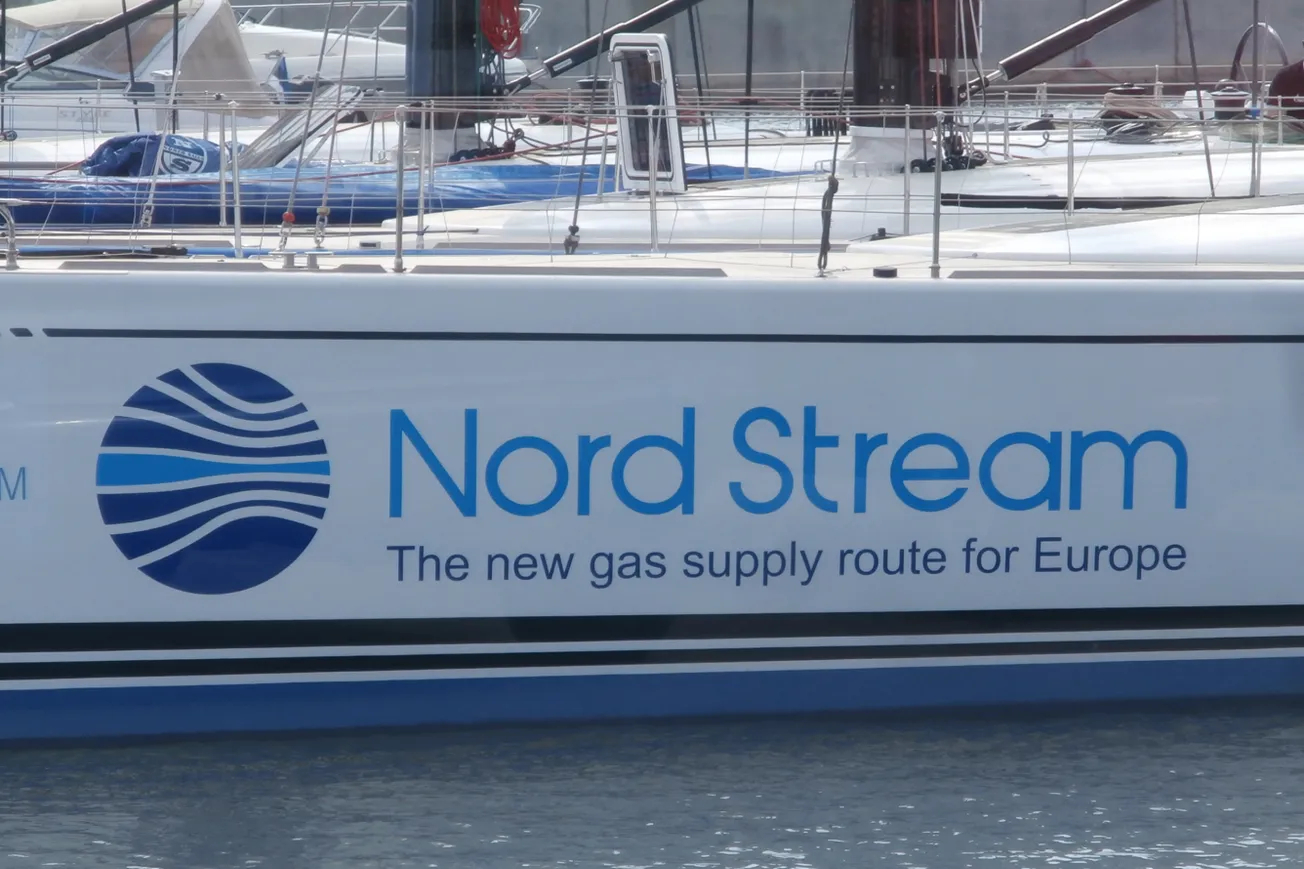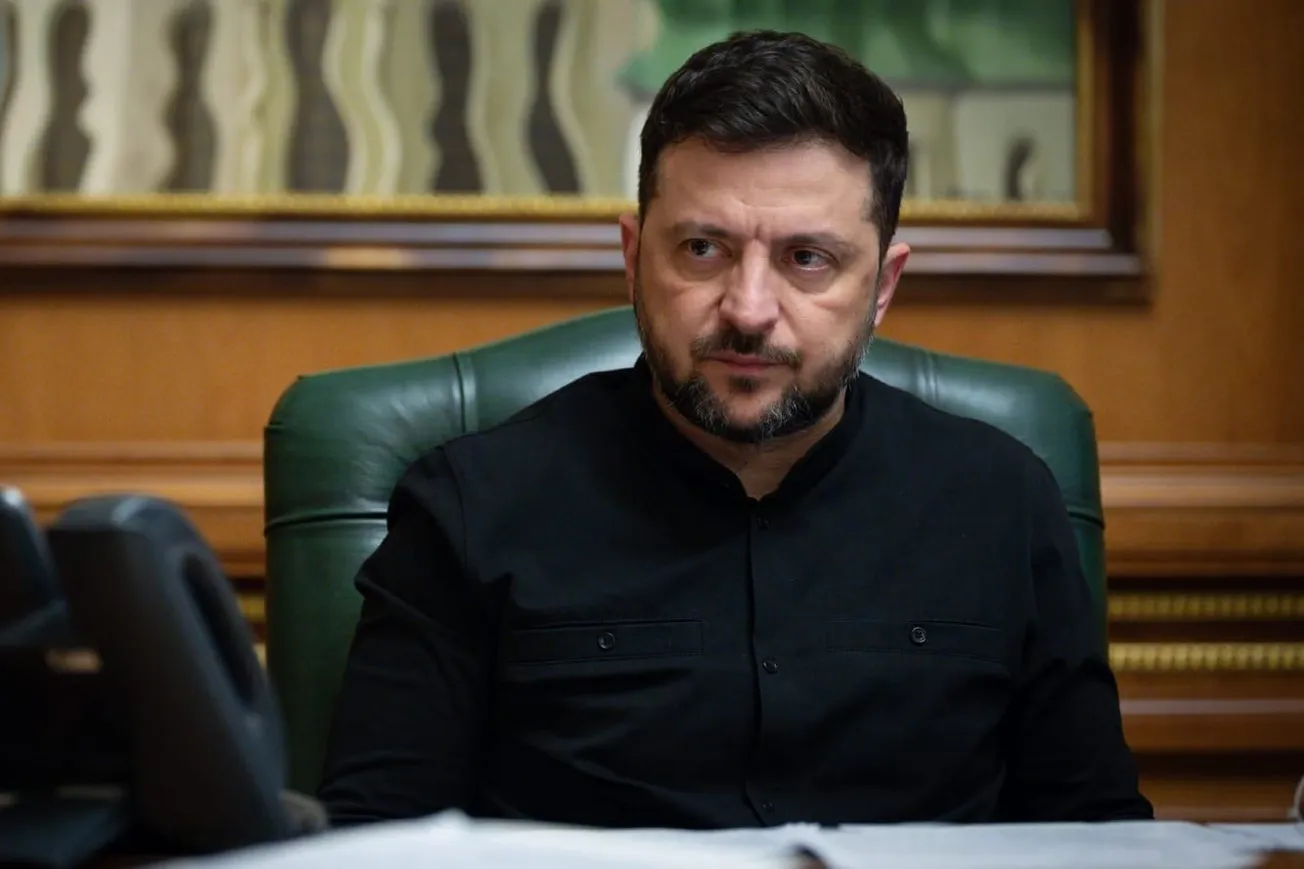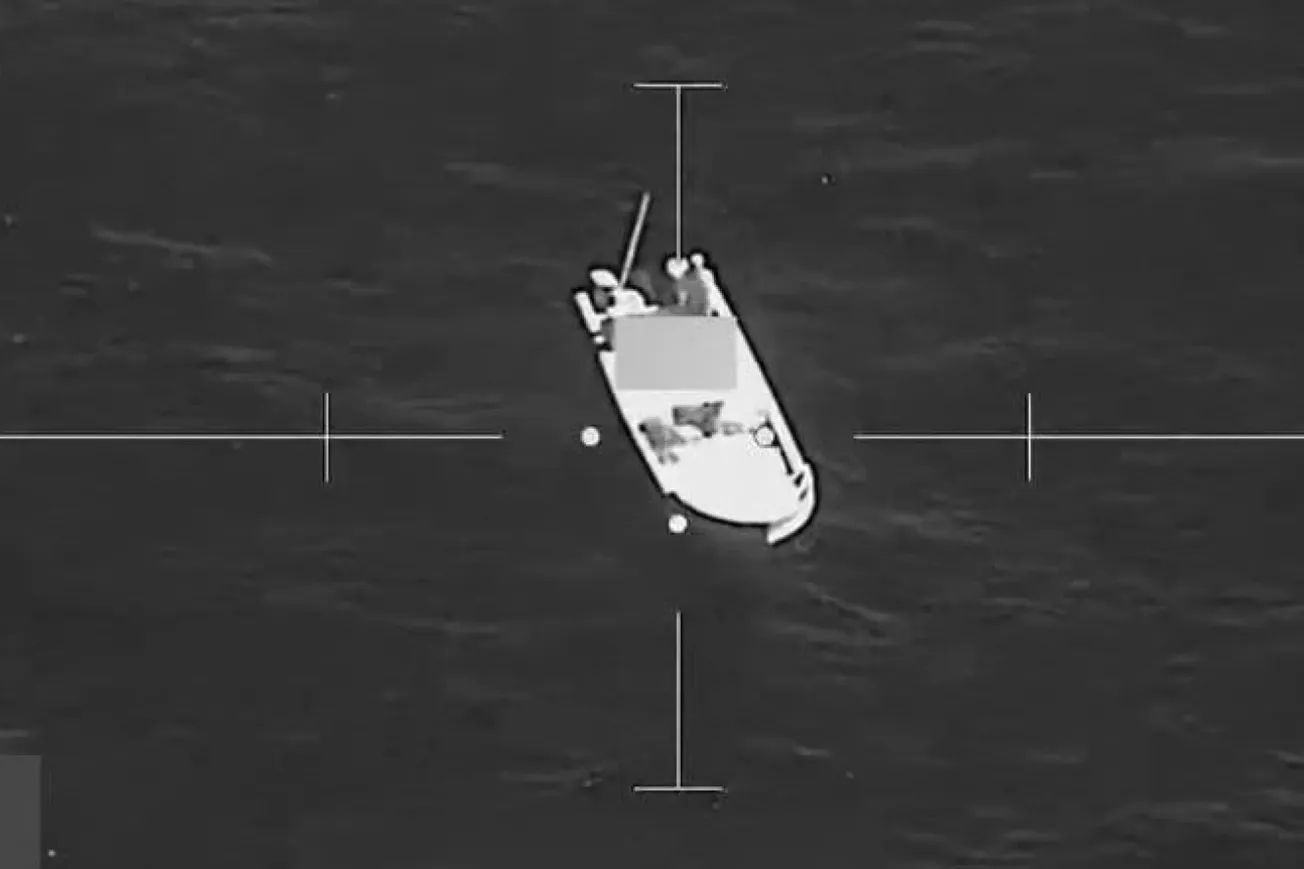By Micaela Burrow for Daily Caller News Foundation
- NATO pledged a “united and determined” response to the apparent sabotage on the Nord Stream pipelines discovered Monday and Tuesday.
- Although Russia most likely conducted the attacks on the Nord Stream pipelines, NATO is unlikely to invoke a provision requiring all members to come to the collective defense of a member that sustains an attack, experts told the Daily Caller News Foundation.
- “NATO will not likely invoke Article V because the alliance is not eager to get into a conflict with Russia,” said Jasen Castillo, a professor at Texas A&M University with a background in military strategy and defense policy.
Russia may have bombed the Nord Stream pipelines earlier this week, but the North Atlantic organization created for collective defense against Moscow will not likely mount a military response, experts told the Daily Caller News Foundation.
The North Atlantic Treaty Organization (NATO) has pledged a forceful response to “deliberate, reckless, and irresponsible acts of sabotage” that blasted holes in the twin Nord Stream pipelines carrying gas from Russia to Germany. While the organization is bound by Article V of the treaty to go to war if any member nation suffers a direct attack and has all but explicitly accused Russia of orchestrating the attacks, it will likely avoid invoking a military response to Russia, according to experts on NATO and defense. (RELATED: NATO Officially Calls Nord Stream Attacks ‘Sabotage’)
“First, the pipeline wasn’t working any more, so [the leak] doesn’t change things that much,” Lawrence Korb, a senior fellow at the Center for American Progress and former assistant secretary of defense, told the DCNF.
In addition, member states may find it impossible to determine whether Russia conducted the attack or ordered one of its proxy militias to do so. “Even if you get 70% that it’s Russia, you’re not going to get 100%,” Korb added.
NATO allies vowed to “deter and defend against the coercive use of energy” and other aggressive acts that fall short of overt acts of war in a statement immediately after the attacks. The organization asserted a “united and determined” response to any deliberate attack on critical infrastructure, including gas installations.
“Russia has repeatedly committed acts of aggression against NATO members or on NATO territory that fall below the threshold of conventional war,” John Hardie, deputy director of the Russia Program at the Foundation for Defense of Democracies, told the DCNF, but none of those acts have triggered a military response.
“NATO will not likely invoke Article V because the alliance is not eager to get into a conflict with Russia,” Jasen Castillo, a professor at Texas A&M University with a background in military strategy and defense policy, said to the DCNF.
Countries suspect that Russia sabotaged its own pipelines to cut off any possibility of restoring the supply of Russian gas to an energy-starved Europe, according to CNN, citing U.S. and Danish military officials.
One European country detected Russian warships transiting through the area of the Baltic Sea where the four confirmed explosions took place, CNN reported.
However, Moscow called attempts to pin the blame on Russia “predictably stupid” Wednesday, Reuters reported. With the destruction of the pipelines, which may remain indefinitely offline, Russia lost “very expensive” gas and a route of delivering it to the country’s largest market, Kremlin spokesman Dmitri Peskov said.
“Are we interested in that? No, we are not,” Peskov said.
In a since-deleted tweet, a Polish diplomat appeared to thank the U.S. after news of the gas leaks surfaced.
Intimations the U.S. sabotaged the Nord Stream pipelines are “preposterous,” State Department Press Secretary Ned Price said.
“My guess, like NATO’s guess, is that this is an act of sabotage by Russia,” Castillo said.
Russia sought to manipulate the supply of gas to Europe as a means of “coercive leverage over NATO,” Castillo explained. Although only one of the Nord Stream pipelines operated at full capacity prior to the war in Ukraine, Russia has reduced flows to a trickle as punishment for their attempt to isolate the Russian economy and provide military equipment to Ukraine.
Russia could have incapacitated the pipelines “to make sure the Europeans recognize it’s going to be a cold winter,” affording the Kremlin a symbolic victory, Korb told the DCNF. “I can’t see the U.S. doing it or NATO allies because I don’t think it benefits them,” he added.
“It’s hard to see another country having the capability and the will to do this,” said Hardie.
Russia has a long history of spreading disinformation—and is doing it again regarding the Nord Stream 1 and 2 pipelines. @StateDeptSpox responded clearly to this disinformation during today’s press briefing.
Russia has a long history of spreading disinformation—and is doing it again regarding the Nord Stream 1 and 2 pipelines. @StateDeptSpox responded clearly to this disinformation during today’s press briefing. pic.twitter.com/YzcBW3n84M
— Department of State (@StateDept) September 28, 2022
Military escalation that could further charge Russian threats to deploy nuclear weapons against Ukraine and its supporters, Castillo said.
Members could scale up naval and air patrols of the Baltic Sea as a deterrent or increase sanctions pressure on Russia, experts said.
If Russia did blow up the pipelines, the act will “come back to haunt them” Korb said to the DCNF.
Link to the original article on the Daily Caller website.







